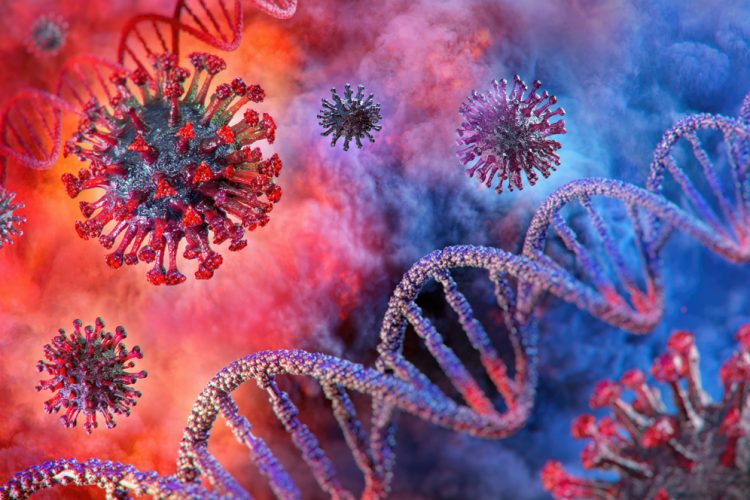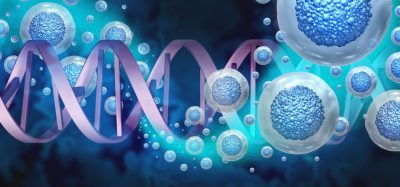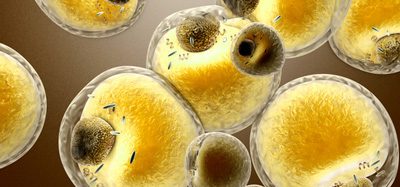Researchers reveal how remdesivir prevents COVID-19 viral replication
Posted: 15 April 2020 | Victoria Rees (Drug Target Review) | No comments yet
According to a new study, the drug remdesivir is a very potent inhibitor for coronavirus polymerases – demonstrating its potential for combatting COVID-19.


Researchers have demonstrated how the drug remdesivir is successful at preventing viral replication of SARS-CoV-2, the coronavirus that causes COVID-19.
Scientists at the University of Alberta, Canada, followed on from research published in February that showed how remdesivir works against the Middle East Respiratory Syndrome (MERS) virus, a related coronavirus.
“We were optimistic that we would see the same results against the SARS-CoV-2 virus,” said Matthias Götte, chair of medical microbiology and immunology at Alberta. “We obtained almost identical results as we reported previously with MERS, so we see that remdesivir is a very potent inhibitor for coronavirus polymerases.”
Biomarkers aren’t just supporting drug discovery – they’re driving it
FREE market report
From smarter trials to faster insights, this report unpacks the science, strategy and real-world impact behind the next generation of precision therapies.
What you’ll unlock:
- How biomarkers are guiding dose selection and early efficacy decisions in complex trials
- Why multi-omics, liquid biopsy and digital tools are redefining the discovery process
- What makes lab data regulatory-ready and why alignment matters from day one
Explore how biomarkers are shaping early drug development
Access the full report – it’s free!
The new study suggests that the RNA-dependent RNA polymerase (RdRp) is like the engine of the virus, responsible for synthesising the virus’ genome.
“If you target the polymerase, the virus cannot spread, so it’s a very logical target for treatment,” Götte said.
The lab’s work shows how remdesivir tricks the virus by mimicking its building blocks. When the coronavirus RdRp is duped, the inhibitor is incorporated many times and the virus can no longer replicate.
Götte said the evidence from his group, along with previously published studies in animal and cell culture models, means that remdesivir can be classified as a ‘direct-acting antiviral’ against SARS-CoV-2.
While Götte said the evidence justifies clinical trials, he cautioned that the results obtained in the lab cannot be used to predict how the drug will work with people.
“We’ve got to be patient and wait for the results of the randomised clinical trials,” said Götte. However, he is optimistic that the unprecedented amount of research going on worldwide and the high level of co-operation between researchers will lead to the discovery of one or more effective treatments for COVID-19.
The study was published in the Journal of Biological Chemistry.
Related topics
Drug Targets, Research & Development, RNAs, Therapeutics
Related conditions
Coronavirus, Covid-19
Related organisations
University of Alberta
Related people
Matthias Götte








